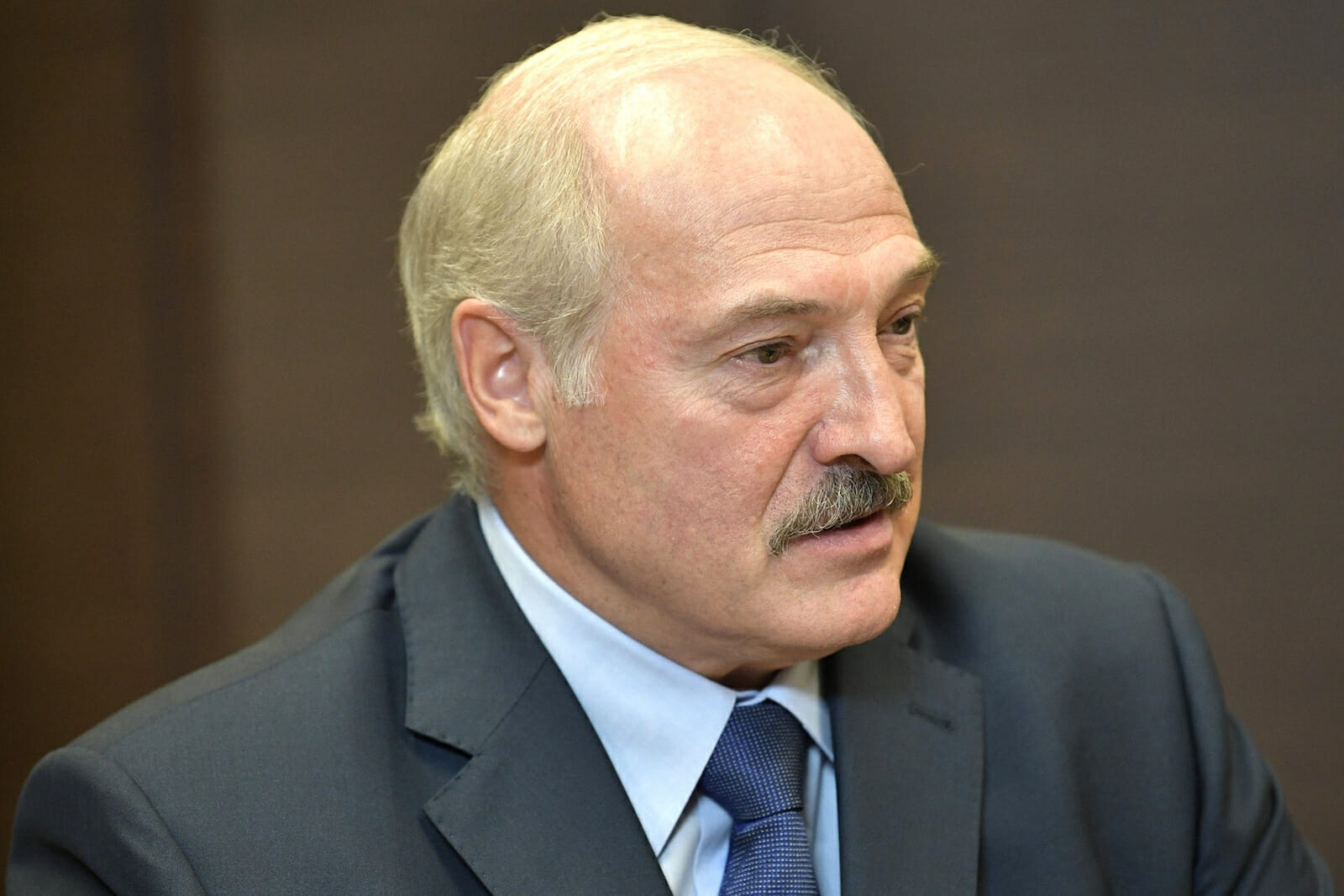
Arrest of Wagner Mercenaries in Belarus: Foiled Coup or Political Theater?
Last week it was announced that the Belarusian KGB arrested 33 Russians suspected of being employees of the Wagner Group, a private Russian PMC (private military company), who, according to KGB officials, arrived in Minsk to orchestrate a coup. Soon after, these Russians were charged with organizing terrorist acts. According to Belarusian security officials, they received information about the arrival of “more than 200 [mercenaries] who intended to destabilize the situation during the election campaign.”
‘Lost’ mercenaries
There are differing opinions among analysts. Some view the arrest of the Wagner Group employees as the successful prevention of a coup. Others are inclined to think that Alexander Lukashenko skillfully took advantage of a “fraternal” agreement on the transfer of PMC fighters to Africa or Turkey through the territory of Belarus.
It was the latter version that Russia tried to promote right after the arrests. For example, the Telegram channel WarGonzo, which belongs to the Russian “military correspondent” Semyon Pegov, reported that Minsk was used by the Wagner mercenaries as a transit point for transfer to other countries – mostly African. At the same time, he noted that the Belarusian special services were not only aware of the operation, but also personally ensured “a secure environment for the transfer of our soldiers to the eastern fronts.” This version was actively broadcast by the Telegram channel Nezygar, which is close to the Russian president, albeit interspersing their narration with absolutely contradictory reports that the local KGB learned of the arrival of the Wagner mercenaries to Belarus from their Ukrainian colleagues in the SBU.
Finally, on July 30, the Russian Foreign Ministry made an official statement. According to their statement, the detained group were in transit through Minsk to Istanbul, and all the logistics on the territory of Belarus were provided by a Belarusian company. At the same time, according to the Russian Foreign Ministry, the mercenaries did not get on their flight “for unknown reasons” and got stranded in Belarus.
A pre-election political theater?
The situation in Belarus is a rare case when Western experts were inclined to at least partially accept the Russian version. Indeed, it is difficult to imagine that Alexander Lukashenko, with his close ties with Moscow, did not know about the movement of the Wagner mercenaries through the territory of his country. Anders Åslund, a Swedish economist and former diplomat and analyst at the American Analytical Council, also brings up this point. “The Russian Wagner mercenaries could not have been in Minsk without Lukashenko’s knowledge and consent. Presumably, Lukashenko wanted to use them to defend him in case he lost the election. Instead, he arrests them to boost his national status, typically sly Lukashenko,” suggests Åslund.
Sergey Ilchenko points out that the Belarusian leader, who is struggling to suppress popular resistance and opposition, would very much benefit from the mere suggestion of a possible coup. In addition, logic suggests that accusing Moscow of plotting a coup may give an excuse to Lukashenko to crack down on dissent while avoiding condemnation from the West.
Russian ‘pseudo-Maidan’
However, there is one serious “but” here. Lately, Russian media, not Belarusian, have been promoting the idea that the West allegedly “plans to organize a Maidan in Belarus.”
For example, just over a month ago, on June 27, the leader of the Odessa Anti-Maidan, Anton Davidchenko, who now heads the Agency for Social Engineering in Moscow, gave an interview to Moskovsky Komsomolets under the headline “Lukashenko will be overthrown according to the Yugoslav scenario”. In it, Davidchenko argues that the Americans and Ukrainians are preparing a “Maidan in Belarus” based on what unfolded in Ukraine. A month later, on July 28, the organization headed by Davidchenko presented a report on the topic: “Scenario of a color revolution in the Republic of Belarus 2020”. The presentation of the report was actively promoted in the Russian media, including through the efforts of one of the people close to Yevgeny Prigozhin, a man who previously headed the Russian news site, the Federal News Agency.
Blaming the West for what Moscow plans to do on its own is a favorite tactic of the Russian special services. It is clear that America, consumed by domestic pre-election jitters, isn’t planning a coup in the post-Soviet space. Moreover, Lukashenko has long been so successful in positioning himself as the only “security donor” in the region that, in exchange for this, the West turns a blind eye to the human rights situation in the country. And now Western countries have little reason to lose this “donor.”
The truth is in the middle?
However, if we assume that the Russian hysteria about the planned “Maidan in Belarus” was just preparation of information space for a real coup attempt, then the reaction of the Belarusian authorities was fully justified, regardless of whether Lukashenko had an advance agreement with Moscow on the transfer of Russian mercenaries through Belarus. This idea is expressed by, among others, the Ukrainian journalist Aleksey Kaftan, who notes that the two listed versions do not contradict each other, and “under the pretense of a transit agreement, Moscow could well have prepared for Minsk” an offer that cannot be refused, “but that Minsk was ahead of it.”
This version seems the most likely. In general, the situation in Belarus is very reminiscent of the recent scandal in the Czech Republic, which began with accusing Russia of attempting to poison Prague municipal officials with ricin and ended with the alleged discovery of an anonymous false denunciation of one diplomat against another. Regardless of whether the diplomat Andrei Konchakov, who was accused of the attempted assassination attempt, had ricin with him, many facts indicate that information about a possible assassination attempt came to the Czech special services from much more reliable sources than an anonymous denunciation, and that is why it was initially taken by them as serious.
It seems that something similar could have happened in this case. The Belarusian authorities probably had an agreement with Moscow on the transfer of militants to other countries. At the same time, Alexander Lukashenko could well have received a signal from sources that Moscow is indeed considering a scenario of forcibly removing him from office under the guise of “Maidan organized by the West,” which was confirmed by an aggressive information campaign in the Russian media. The Russian reaction to the arrest of militants also indirectly confirms it. For example, the other day the Russian media released a fantastic version that the Ukrainian SBU intentionally lured mercenaries to Belarus. This shows that they don’t have a more believable version for their presence there.
It is quite possible that these particular mercenaries were really on their way to some unnamed African country, but Lukashenko, having received information about the possible coup, decided to get ahead of the curve and nip such a possibility in the bud. Whether he will succeed in such a scenario will be shown by the outcome of the intensive bargaining over the fate of the captured Wagner mercenaries, which is now going on between Minsk and Moscow.

